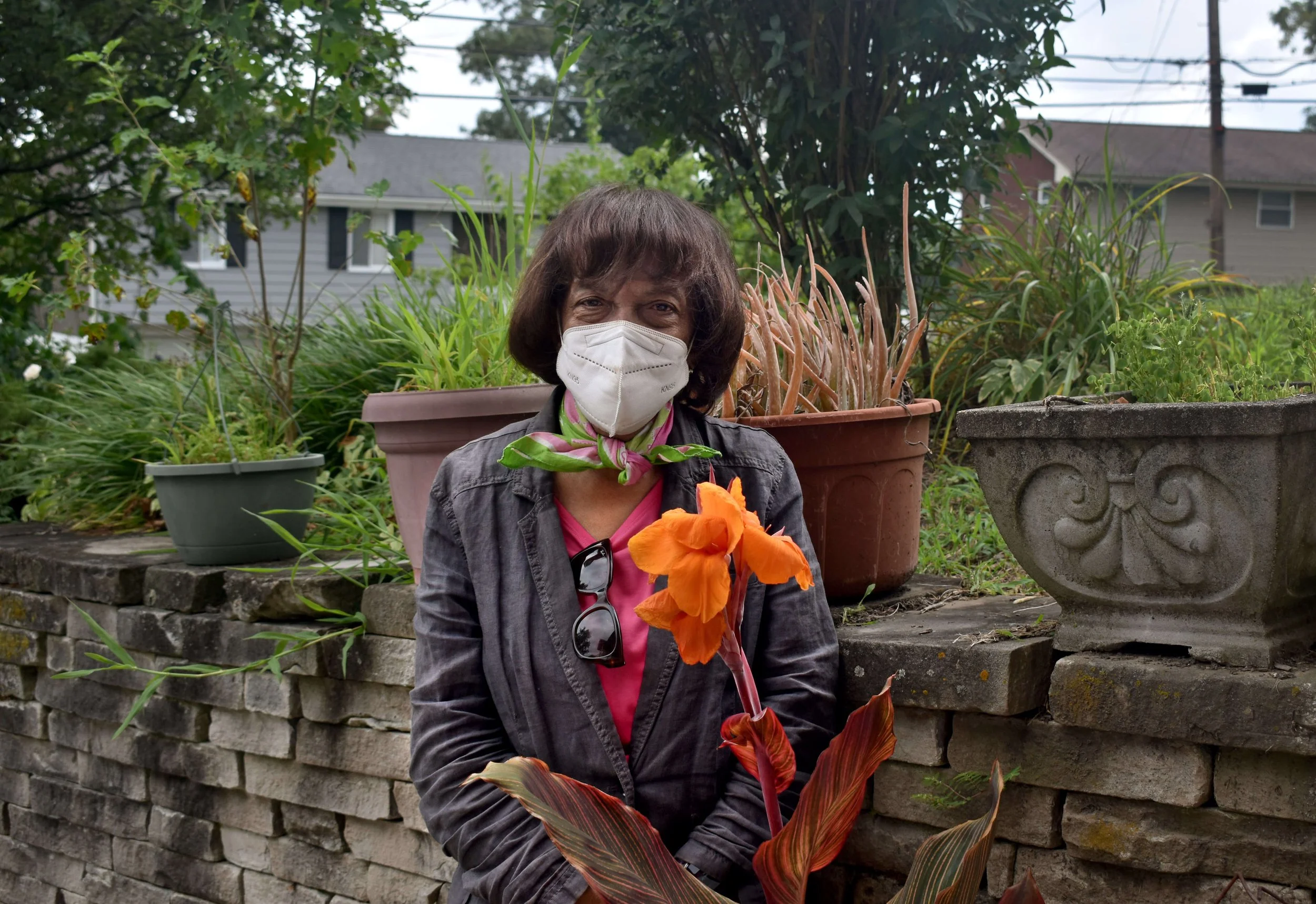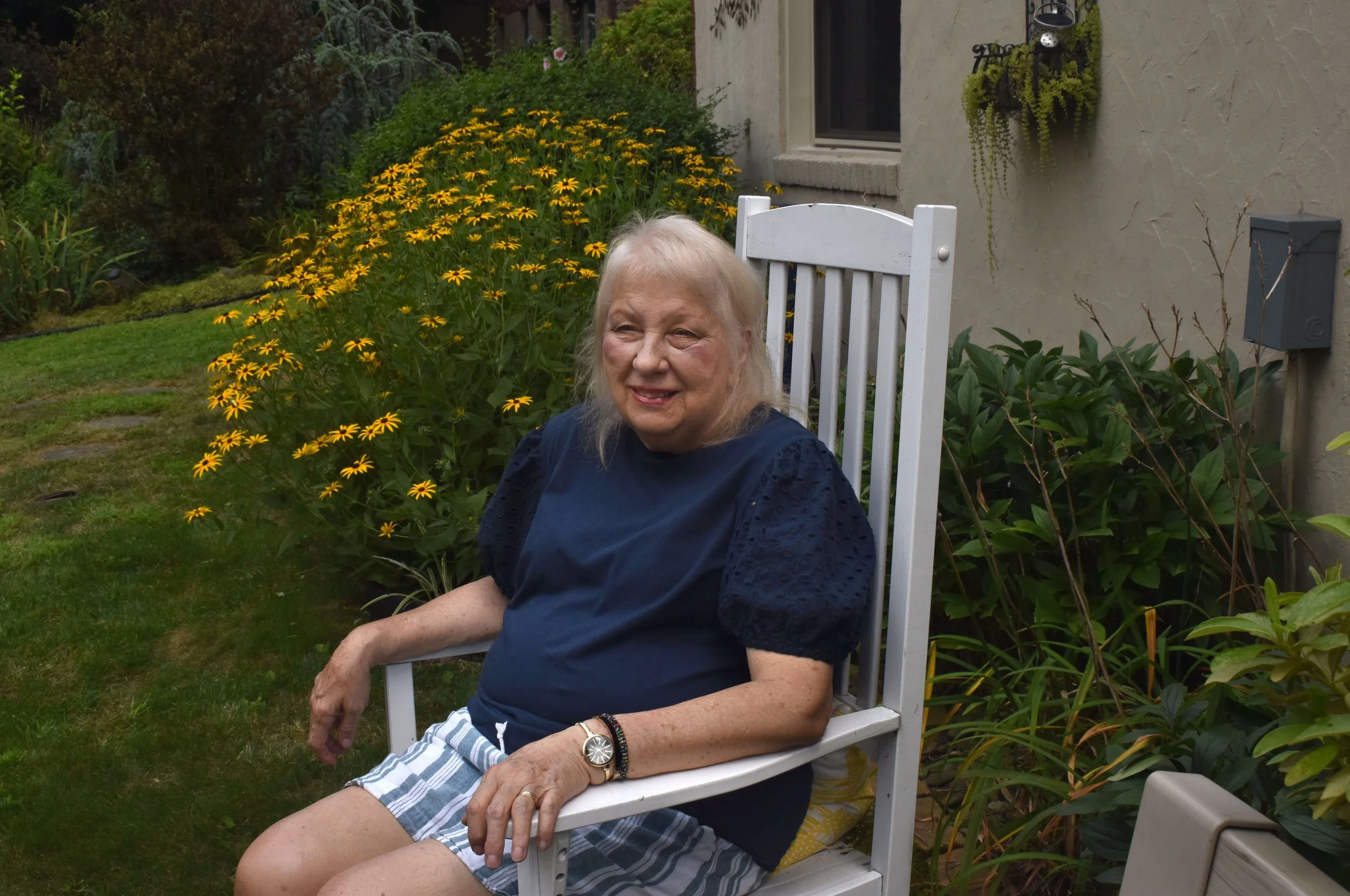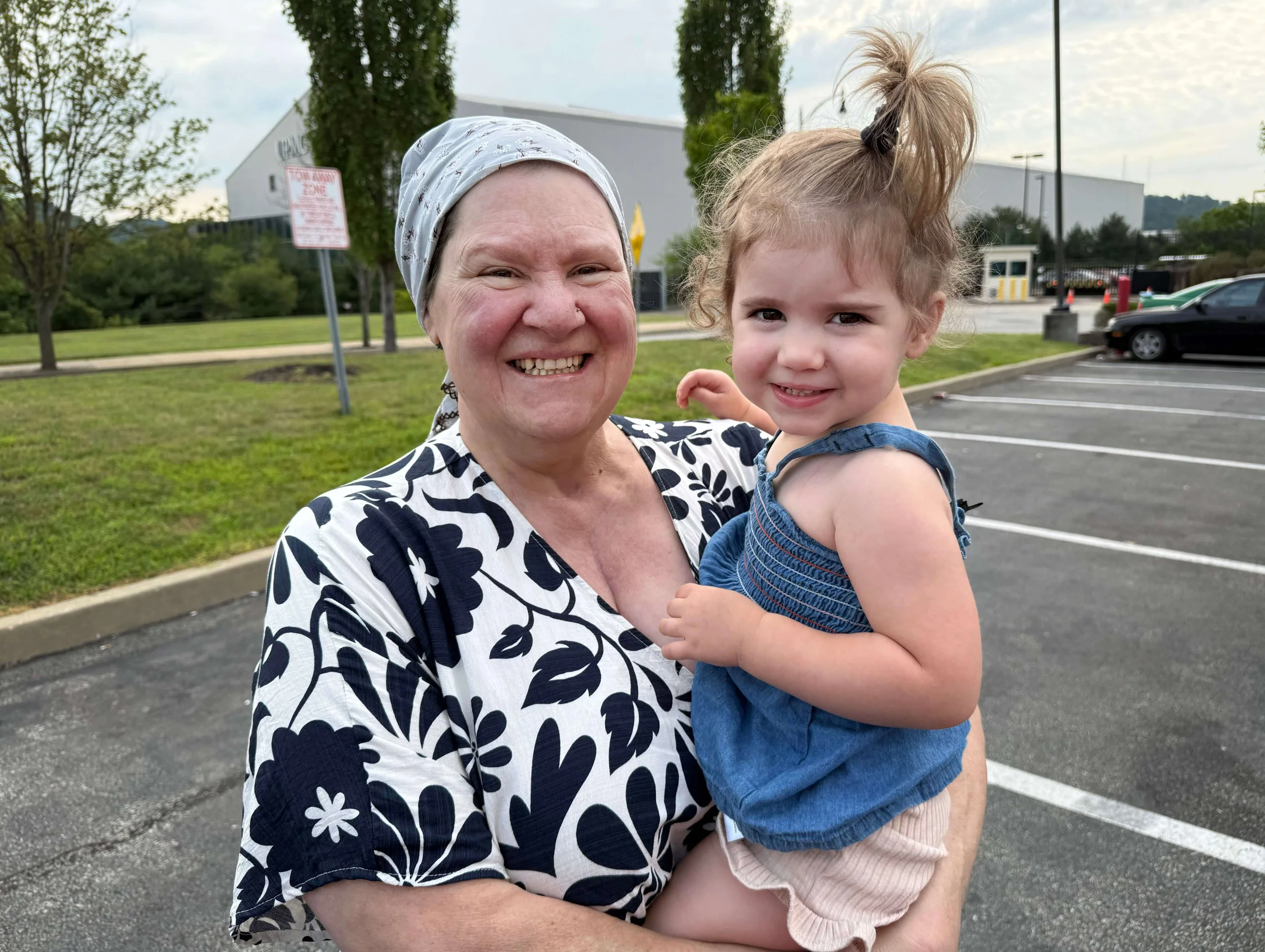Firefighter And EMT Cole Miller Answers The Call
July 24, 2025
Firefighter and EMT Cole Miller
Courage isn’t always loud. Sometimes, it looks like a quiet 14-year-old originally from Erie stepping into a firehouse and volunteering for the first time. Cole Miller was driven not by adrenaline but by compassion.
That young teenager has become a seasoned firefighter for West Homestead and a certified EMT in Allegheny County. Miller resides in Munhall and has spent nearly two decades running toward danger when others run away.
At 14, he volunteered at a fire department in Erie because his friends had joined. Despite the harsh treatment they all endured as newcomers, he didn’t back down. Respect wasn’t handed out; it had to be earned.
His journey began when cancer took hold of his grandmother, and he witnessed firsthand the grace and care of emergency responders.
“We had to call the paramedics to come get her,” he said. “And, just seeing how they took care of her with caring, compassion and empathy … The way that they treated my family, that made me want to take that route.”
Miller knew from that moment that he wanted to be that steady hand for someone else’s worst day. What followed was years of relentless training, mental fortitude and the kind of everyday bravery that never makes the headlines but defines true courage.
By 16, Cole was a certified EMT. While other teens were just being kids, he was learning to save lives. A high school class on emergency medical services opened the door, and he walked through it without hesitation. Since then, he’s faced fires, trauma and unimaginable heartbreak taking it all in stride.
“Firefighting,” Miller says, “is a job that’s very physical, you have to be able to lift some of the patients and be able to get people out of cars and buildings. Mentally it’s a lot to learn, and it’s a lot to understand.”
There’s constant training, often grueling, and no easy days. As a volunteer firefighter, he’s worked with departments in several areas in Western Pennsylvania answering tough calls. But no call tested him more than the one where a mother and her child were hanging out of a fourth story window of a burning building.
“Me and my partner had to go to the roof and rappel off the roof to get mom and the baby down safely,” he said. “Then we had to rappel down to the ground.”
“It’s moments like that when you don’t think, you just do,” he said.
One of the scariest moments of his career didn’t involve fire at all. It was dispatched as a patient with chest pain, but upon arrival first responders realized it was a mental health situation. The patient thought the medics were cops and intruders.
Miller said the man was screaming and began shooting at the ambulance.
Miller and his partner didn’t have time to think — only to react, protect and survive. He and his partner leaned on each other to get through it like they always do.
“We have to rely heavily upon our training, but that’s why we also have a partner,” he said. “That way you can always bounce ideas off of one another and come up with a good solution.”
It isn’t always fire and sirens.
“It’s not the flashy job people see on TV,” he explained. “What they don’t realize is the inner turmoil that some of the first responders deal with day in and day out.”
Many calls are quiet, heart-wrenching and emotionally exhausting. He’s been on the scene for countless elderly falls, comforting confused and scared patients.
“The TV shows don’t show someone making a death notification,” Miller said, and added, “A lot of calls are the elderly who may have fallen or need someone to talk to. Sometimes we do very little medicine, but we hold the patients’ hand to the hospital.”
The emotional toll of the job is heavy, especially when children are involved.
Miller remembers the day they arrived at a scene where a 3-year-old Amish girl was run over by a skid loader. He said there are no words to fully prepare someone for that kind of loss.
“Those are the calls that stick,” he says. “They don’t leave you when the shift ends.”
His support system includes a therapist who was a former firefighter, trusted coworkers and close family. Music helps him decompress, and even a walk around the station after a difficult call can make a difference. He believes strongly in checking in with your partner, and creating space to process emotions.
Because, he says, “If you don’t take care of yourself, you can’t take care of anyone else.”
Despite everything Miller has seen, he’s stayed away from alcohol and nicotine.
“You can’t numb it,” he says. “You have to face it.”
Honesty is a cornerstone of his work. Whether it’s telling a patient the truth in a critical moment or making a hard decision on-scene, he’s learned that courage means showing up with integrity. “It’s not always about saving a life, it's about being there, being real, doing what needs to be done.”
He lives by the motto “Improvise, adapt, and overcome,” a lesson from EMT school that has stayed with him through every call, every shift, every storm.
To those considering this path, he offers clear advice:
“Don’t do it for glory. The days are long, the work is hard, keep your head up, and don’t be afraid to ask for help.”
Miller has found that courage isn’t just charging into burning buildings, it’s staying grounded after the fire is out. In a job that breaks some people, his courage lies not only in what he runs into, but how he finds the strength to wake up, start it all over again the next day, and always be ready for the next call.
– Jennifer McCalla
More Stories from Tube City Writers Live 2025
By Maria Palmer
By Yasmin Brown
By Anna Lisa Haughwout
By Matt Petras





